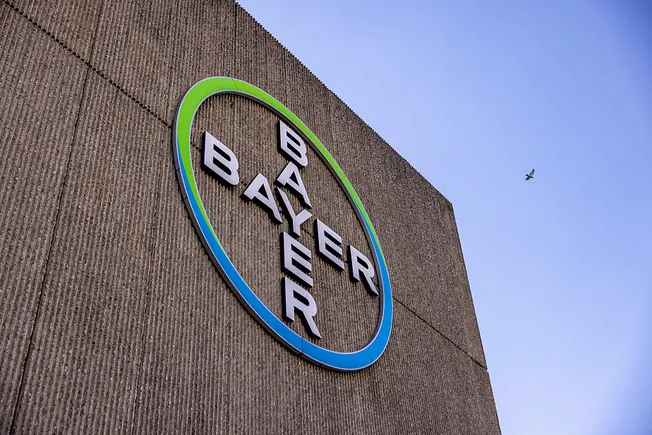Novartis reports deaths of two patients treated with Zolgensma gene therapy


Two children who received a Novartis gene therapy for their neuromuscular disease died following treatment, spotlighting its risks and renewing questions about the safety of genetic medicines like it.
The patients developed acute liver failure between five and six weeks after infusion with the gene therapy, called Zolgensma and approved to treat spinal muscular atrophy, a rare, inherited condition that in its most severe form is often fatal by age two.
While acute liver injury is a known risk of treatment with Zolgensma, these are the first cases that led to patients’ deaths, Novartis said in a statement emailed to BioPharma Dive. News of the deaths was first reported by STAT.
The company said it has notified regulators, including the Food and Drug Administration, in all countries where Zolgensma is used, and will inform physicians where allowed by health agencies. Novartis will also update the therapy’s labeling to include mention of the deaths, which occurred in Russia and Kazakhstan.
The deaths followed tapering of steroids that are used alongside treatment to manage safety risks, Novartis said.
“While this is important safety information, it is not a new safety signal and we firmly believe in the overall favorable risk/benefit profile of Zolgensma, which to date has been used to treat more than 2,300 patients worldwide across clinical trials, managed access programs, and in the commercial setting,” said Novartis in its statement.
Zolgensma was approved in the U.S. in May 2019, becoming just the second gene therapy for an inherited disease cleared by the FDA. It offers dramatic benefits, keeping alive children who otherwise would be expected to die. In clinical testing, treatment also helped patients sit and stand, as well as reach other developmental milestones that typically wouldn’t be achieved.
Along with two other drugs from Biogen and Roche, Zolgensma has helped transform the outlook for infants born with spinal muscular atrophy, which is caused by mutations in a key gene and leads to severe muscle weakness. Prior to the three medicines’ approval, there were no treatments for the disease.
But, like other gene therapies, Zolgensma comes with safety risks as well as questions about how long its benefits will last.
The risk of liver injury, in particular, is mentioned on the FDA’s product labeling, which instructs doctors to assess liver function before infusing Zolgensma and to administer steroids before and after to manage increases in liver enzyme counts.
Two previous cases of acute liver failure have been reported following Zolgensma treatment, but the affected individuals were treated with steroids and continued to make developmental gains months later.
Liver damage is also a broader concern for gene replacement therapy, which involves infusing billions of inactivated viruses loaded with a functional copy of the gene that’s missing or mutated in inherited diseases like spinal muscular atrophy. These gene-carrying viruses often end up in the liver, which has raised alarms among researchers about the use of particularly high doses.
In a separate trial testing an Astellas gene therapy for another neuromuscular condition known as X-linked myotubular myopathy, four boys died after developing liver damage following treatment. Elevated liver enzyme counts have also been reported in trials of gene therapies for hemophilia and Duchenne muscular dystrophy.
An FDA meeting last September focused on liver risks with these kinds of gene therapies, but experts on the agency’s advisory committee stopped short of recommending research be slowed or redirected.
The two deaths reported by Novartis could further shape discussion of gene therapy safety, as well as how regulators view the balance between a treatment’s benefits and risks.
This post has been syndicated from a third-party source. View the original article here.




